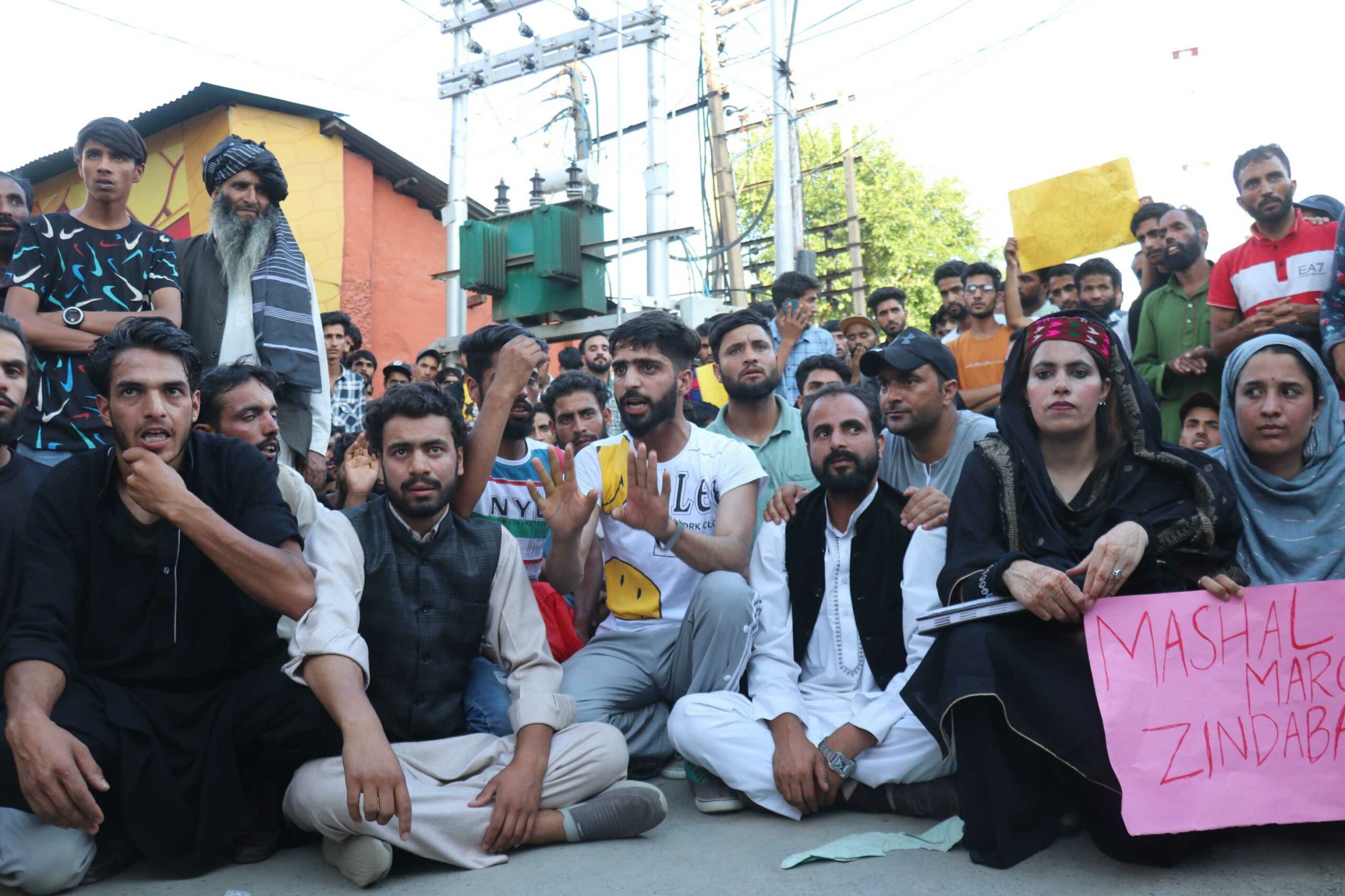by Raashid Andrabi
SRINAGAR: The lower house of Parliament approved two significant pieces of legislation concerning Jammu and Kashmir on Wednesday (December 6). These are the Jammu and Kashmir Reorganisation (Amendment) Bill, 2023, aiming to amend the Jammu and Kashmir Reorganisation Act, 2019, and the Jammu & Kashmir Reservation (Amendment) Bill, 2023, aimed at amending the Jammu and Kashmir Reservation Act, 2004.
These legislations are seen as an attempt by the Union government to adjust the political landscape in its favour ahead of the 2024 Lok Sabha elections, particularly by appealing to the Kashmiri Pandits and Pahadia community of the region.
Former law secretary, Mohammad Ashraf, shared insights on the bill during a recent episode of Aaj Ki Mulaqaat. Ashraf mentioned that the changes primarily revolve around the aftermath of the abrogation of Article 370 in 2019, leading to the reorganisation of the state into two Union Territories – Jammu and Kashmir, and Ladakh.
“The 2019 Reorganization Act abolished the Legislative Council and downgraded the state to a Union Territory,” Ashraf stated. He explained the changes in the legislative assembly’s composition, noting an increase in seats from 83 to 90, with an additional provision for 24 seats to remain vacant until the territory occupied by Pakistan ceases to be under its control.
Discussing recent amendments in the Jammu and Kashmir Reorganisation Amendment Bill 2023, Ashraf outlined three main changes, including increasing seats from 90 to 107, with 24 seats remaining vacant. He emphasised that the increase from 83 to 90 seats was pending until the delimitation commission finalised the boundaries.
The second amendment addressed reservations, with the delimitation commission recommending nine seats for scheduled tribes. Ashraf clarified that before 2019, only scheduled castes had reservations in the assembly, and the new amendment extended reservations to scheduled tribes.
The third amendment pertained to the Representation of People Act, specifying the total assembly strength as 90, including reservations for scheduled castes and tribes. Ashraf clarified the necessity of these amendments, especially with the impending delimitation.
On the potential impact on the Gujjar-Bakarwal community, Ashraf said that the upcoming amendment to the Scheduled Tribe Order includes mountainous ethnic groups in the scheduled tribes. He explained that this could raise reservation distribution concerns among the Gujjar-Bakarwal community.

Touching upon the ongoing legal challenge related to the abrogation of Article 370, Ashraf emphasised the Supreme Court’s upcoming verdict on Monday, which could have significant implications for the constitutional changes made in 2019.
Regarding the nomination of members, Ashraf clarified that the LG’s nomination of two women from Kashmiri migrants and one from displaced persons was part of the amendments. He emphasised that nominations would be based on the elected government’s recommendation once formed.
In response to concerns about the democratic nature of these nominations, Ashraf highlighted that the governor or LG would act on the aid and advice of the council of ministers, ensuring a procedural approach to the nominations.
Ashraf clarified that while the nominated had the right to vote on assembly matters, critical decisions related to government formation and votes of confidence or no confidence would be limited to elected members.















